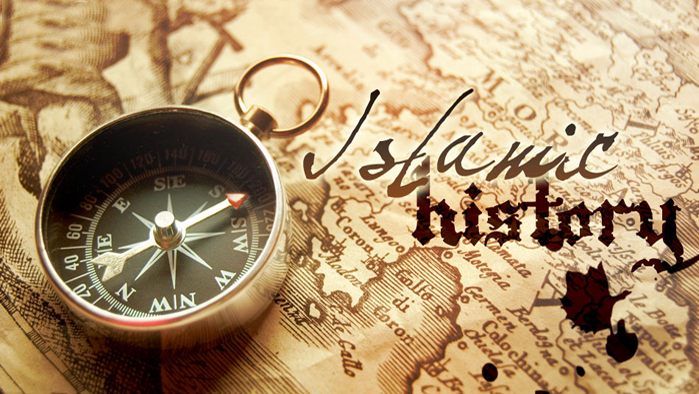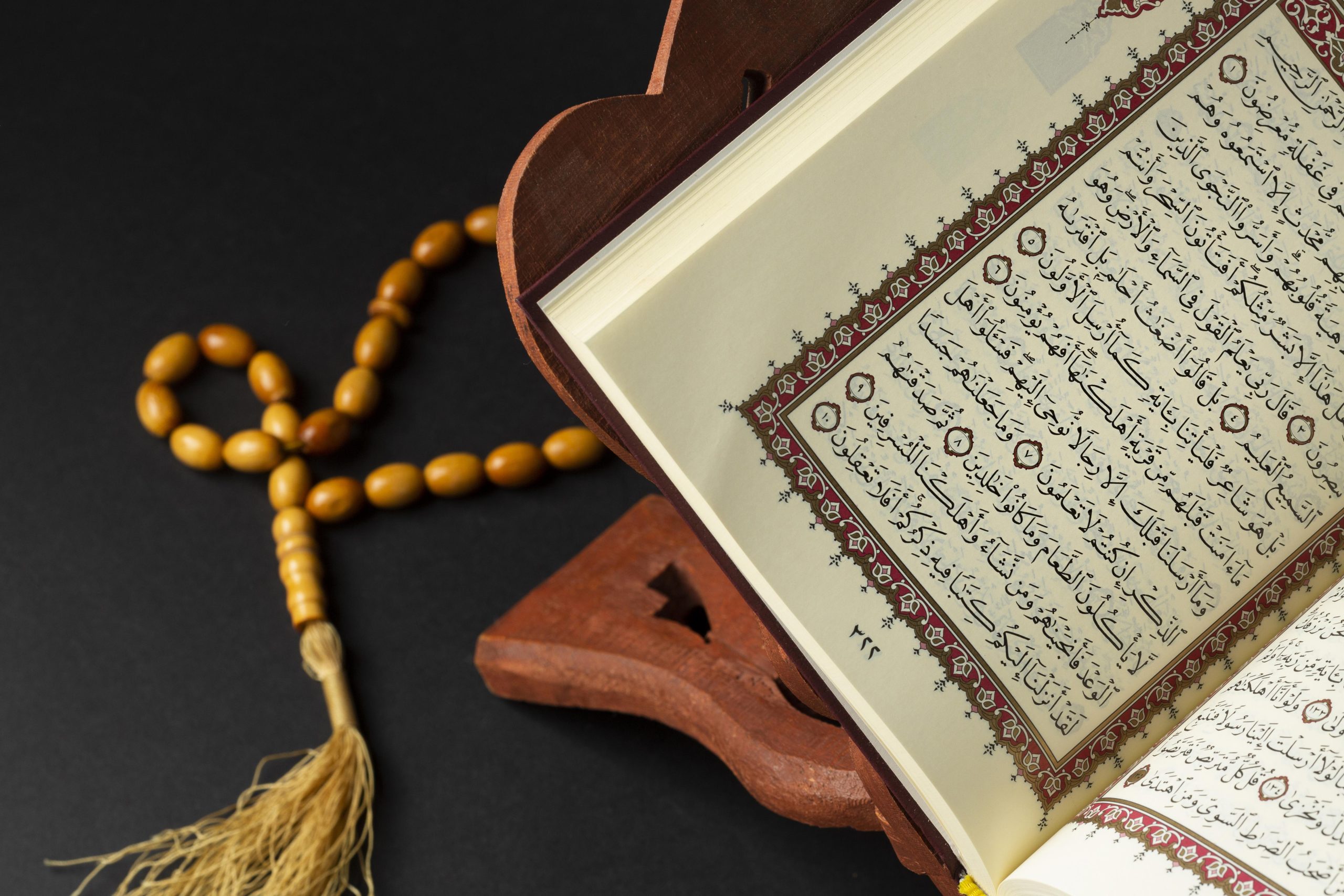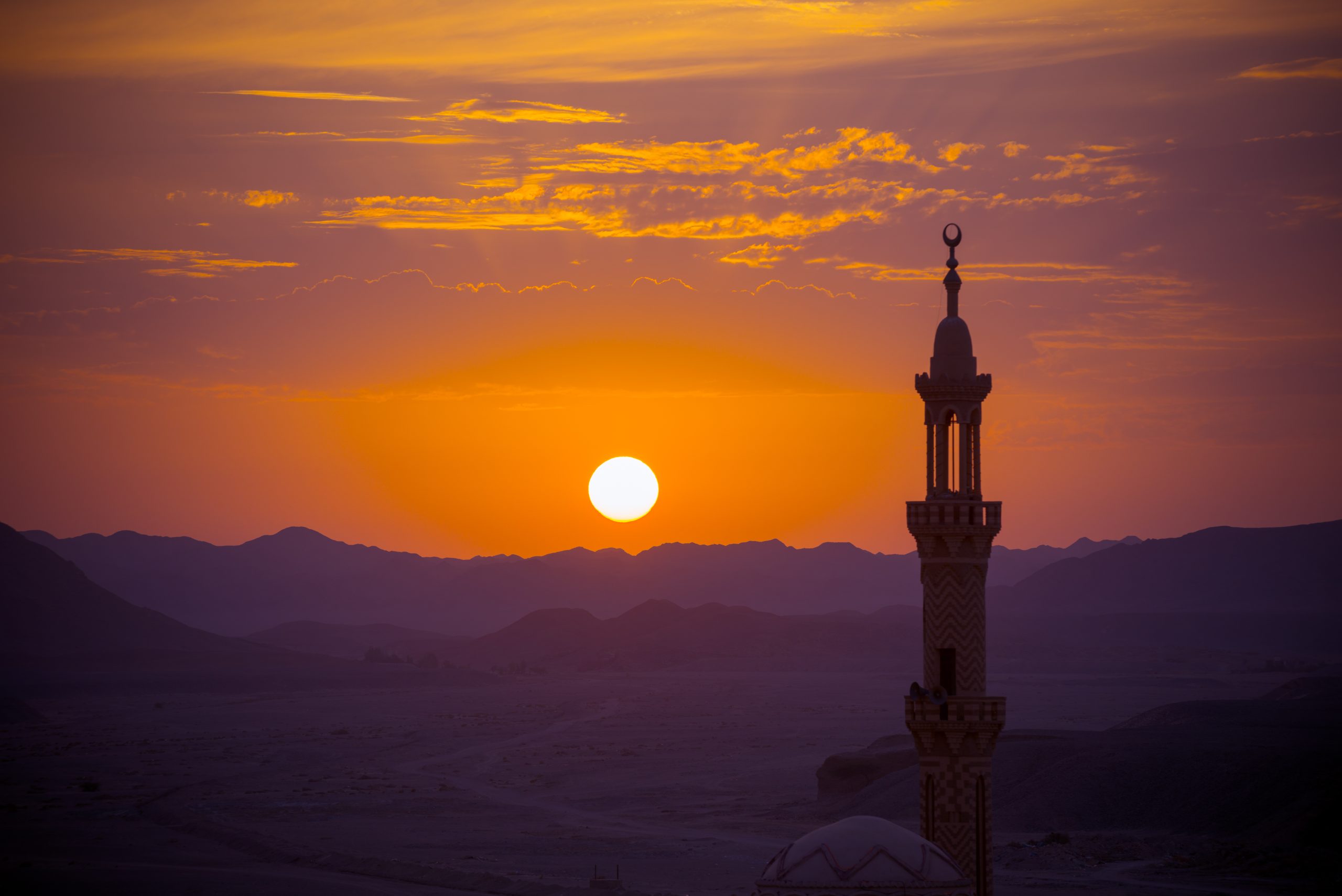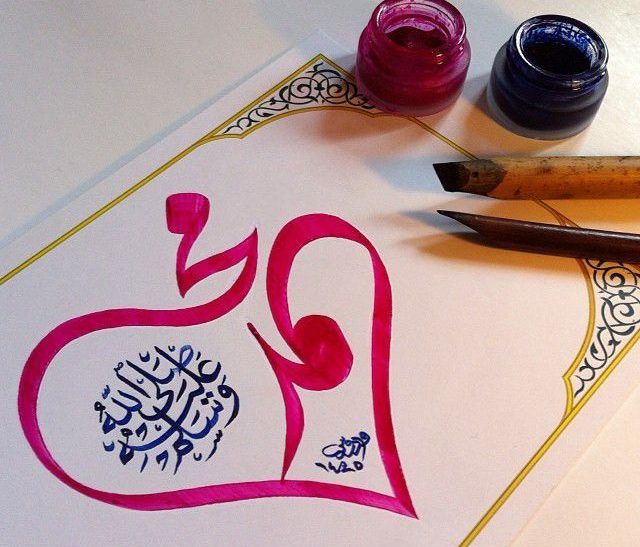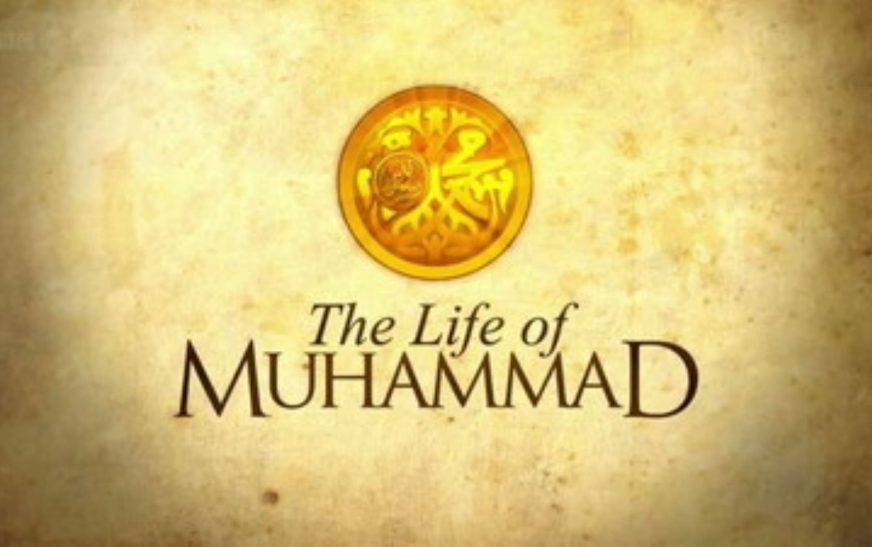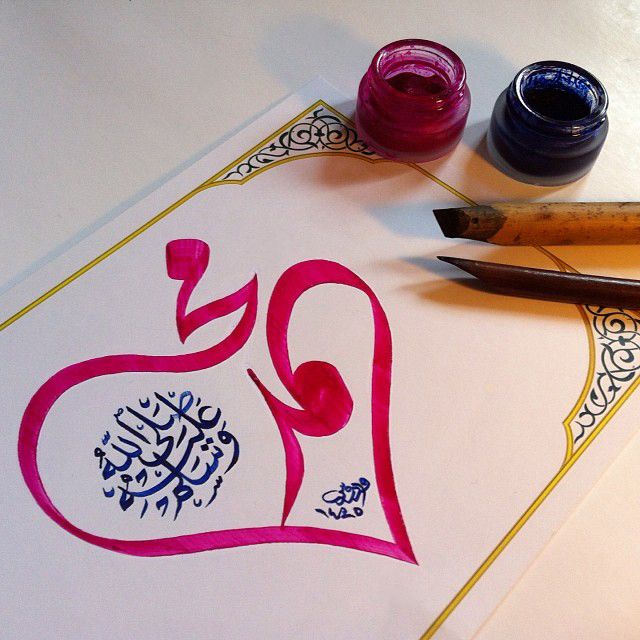Prophet Muhammad (SAW), born in Mecca in 570 CE, led an extraordinary life that continues to inspire millions worldwide. His early years were marked by orphanhood and upbringing by his grandfather and uncle, shaping his character with values of honesty, integrity, and wisdom. At the age of 40, Muhammad (SAW) received the first revelation from Allah through the Angel Gabriel, initiating his mission as a messenger of God.
Despite facing opposition from the Quraysh tribe and Meccan leaders, Muhammad (SAW) remained steadfast in spreading the message of monotheism and social justice. The migration (Hijrah) to Medina in 622 CE marked a pivotal moment, where he established a cohesive Muslim community based on principles of brotherhood and mutual support.
One of his notable achievements was the Treaty of Hudaybiyyah in 628 CE, securing a truce with the Quraysh and paving the way for peaceful coexistence. The conquest of Mecca in 630 CE marked a turning point, establishing Islam in its birthplace and ending years of persecution.
Muhammad (SAW) left behind a legacy of profound teachings and exemplary character. His Farewell Sermon, delivered during his final pilgrimage, emphasized principles of equality, justice, and compassion, leaving a lasting impact on his followers. His life serves as a timeless example of faith, resilience, and compassion, guiding believers and inspiring generations to come.
This narrative unveils the facts of Prophet Muhammad’s (SAW) remarkable life, highlighting his enduring legacy and the lessons we can learn from his journey.
Major Facts about Prophet Muhammad (ﷺ):
Early Life and Character:
- Born in Mecca around 570 CE.
- Orphaned young, raised by his grandfather and uncle.
- Known for his honesty and trustworthiness, earning the nickname “al-Amin” (the faithful).
The Call to Prophethood:
- At 40, received his first revelation from God through the Angel Gabriel.
- Began preaching monotheism, social justice, and compassion for the marginalized.
Challenges and Persecution:
- Faced persecution and ridicule in Mecca for his message.
- He and his followers were ostracized, threatened, and some even faced violence.
The Hijrah (Migration):
- In 622 CE, migrated with his followers to Medina (the Hijrah).
- This marked the beginning of the Muslim community and the Islamic calendar.
Building a Community in Medina:
- Established the first Islamic state based on justice, equality, and religious tolerance.
- Forged alliances with local tribes.
- Developed core Islamic practices like prayer and fasting.
Note: (ﷺ) signifies the Islamic expression of peace and blessings upon the Prophet Muhammad.
This summarizes some of the major facts about Prophet Muhammad’s (ﷺ) life.
Remember, there’s a wealth of information available, and some aspects of his life have different interpretations across Islamic schools of thought.


